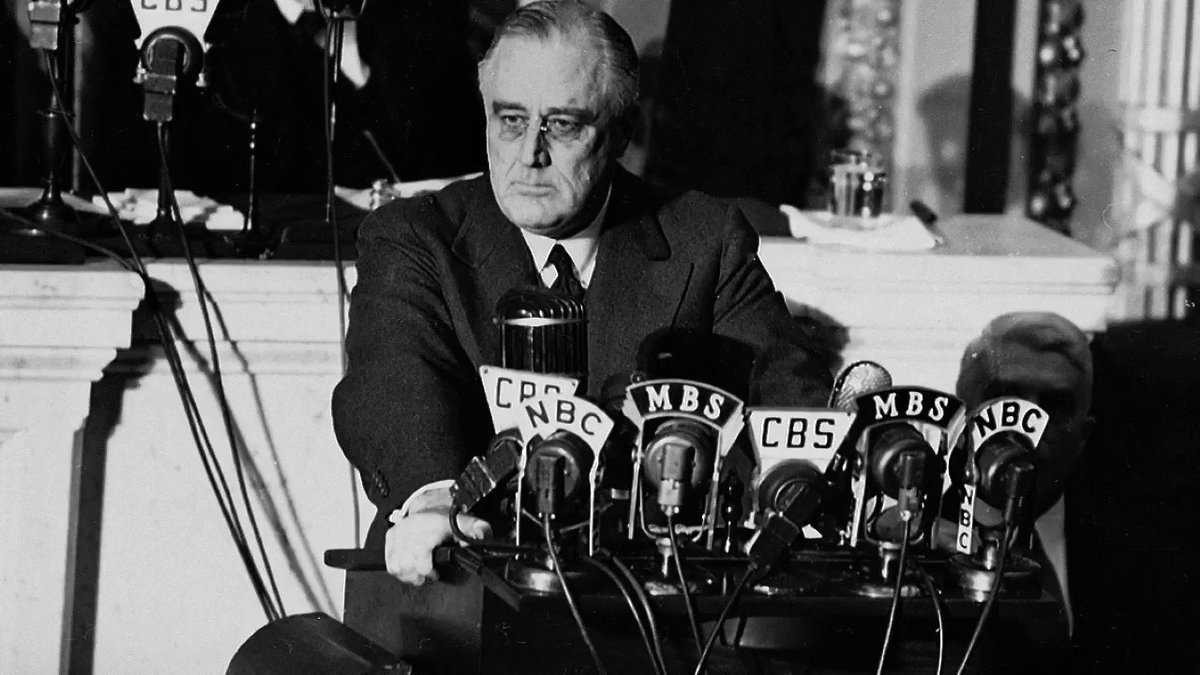theepochtimes.com/trump-administ…
nytimes.com/2018/03/02/tec…
theepochtimes.com/why-china-will…
thehill.com/opinion/financ…
theepochtimes.com/chinas-ministr…
bloomberg.com/news/features/…
theepochtimes.com/chip-level-spy…
theepochtimes.com/china-wants-to…
theepochtimes.com/chinese-consul…
insidehighered.com/news/2018/09/1…
theepochtimes.com/us-report-show…
theepochtimes.com/paid-insert-in…
warontherocks.com/2018/01/chinas…
thediplomat.com/2015/12/hybrid…
theepochtimes.com/california-sen…
cognoscenti.global/influence-oper…
freebeacon.com/national-secur…
project2049.net/2013/10/14/the…








